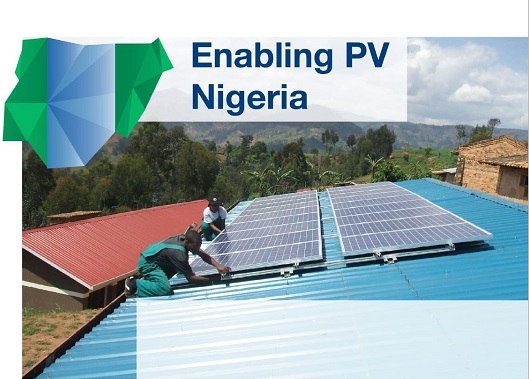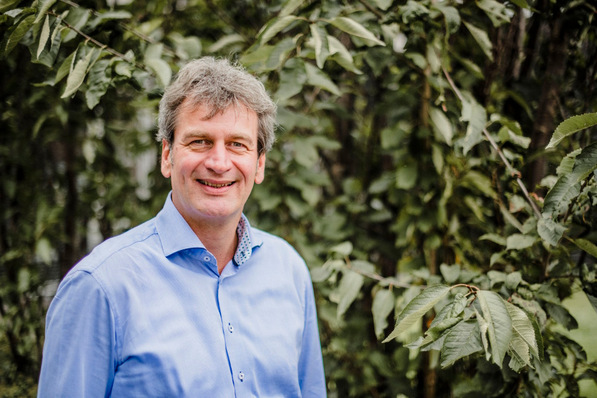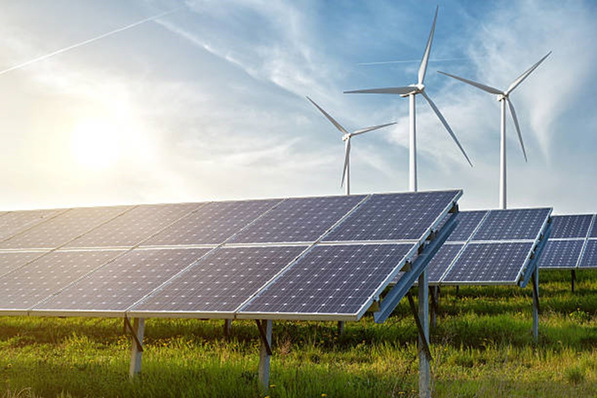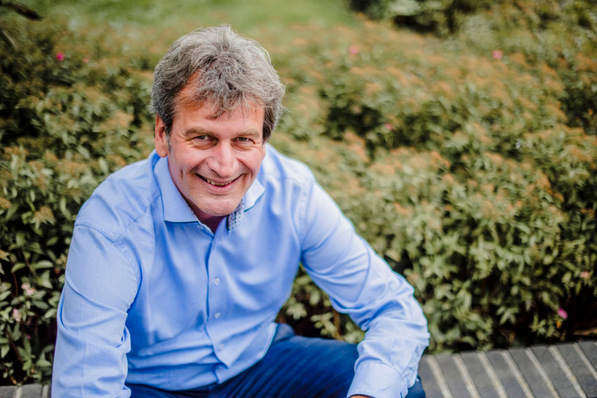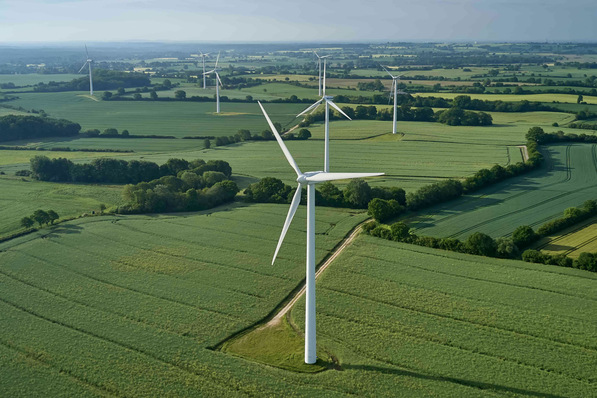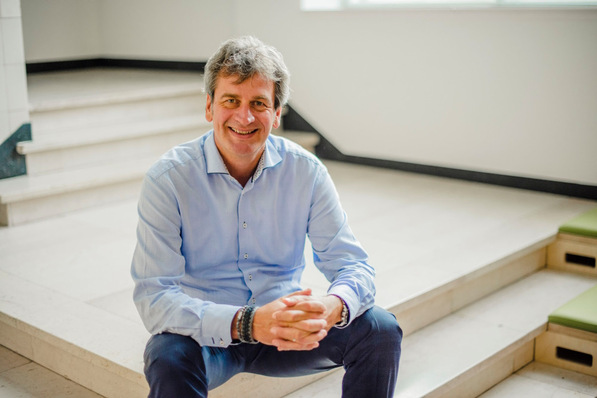This study shows how the rapidly growing energy demand of the largest economy in Sub-Saharan Africa can be largely covered by clean solar power,” says David Wedepohl, Managing Director of International Affairs at the German Solar Association. Nigeria is predestined for photovoltaics, and photovoltaics are predestined for Nigeria, a country with excellent radiation levels and a strong supply of trained specialists.”
Electrification rate of only 59 percent
The reliable and decentralized nature of PV technology gives it the potential to secure the electricity supply in large population centers that typically have extremely unstable electricity grids, while in the process eliminating the need for diesel generators. In off-grid regions, photovoltaics can also bring electricity to the majority of the population that until today has had no access to electricity – the electrification rate in Nigeria is only at 59 percent.
Meet complex demands
For solar power companies, this situation requires the installation of photovoltaic systems that meet these complex demands in an intelligent way: The generation of solar power has to be coordinated with consumption profiles, existing generators and solar power storage systems in order to make sure the power supply is more reliable and less expensive. “Photovoltaic specialists from Germany,” according to Wedepohl, “are in a unique position to capitalize on their know-how in this complex area of system integration.”
Detailed look on business models and economics
The 73-page study, developed in the framework of a German-Nigerian energy partnership, outlines which business models for electricity generation are already viable today: photovoltaics at power plant scale (25 to 50 MW), large photovoltaic systems with grid feed-in (1 to 5 MWp), hybrid systems combining photovoltaic systems and diesel generators (100 kWp to 1.5 MWp) as well as off-grid systems for residential buildings and local mini electricity grids (10 to 250 kWp). The study provides a detailed look - based on concrete examples – at the economic viability, investments and cash flow calculations of PV systems, and examines specific sensitivities, for example with regard to changing system prices or interest rates.
Description of success factors
One particular focus of the study is on the description of success factors. “When BSW-Solar first visited Nigeria, we realized that as a technology, photovoltaics did not need explaining. However,” explains Wedepohl, “negative experiences with photovoltaics had left the population with a poor impression of solar power as a whole. Many creative Nigerians, and not least of all German companies and an entire German-Nigerian network in the country, are now working to improve this image.” This network includes the German-Nigerian Chamber of Foreign Trade, the German-Nigerian Energy Partnership and the Deutsche Gesellschaft für Internationale Zusammenarbeit (GIZ), the Renewable Energy Association of Nigeria REAN, as well as BSW-Solar. A training initiative for solar technology installers is aptly entitled “Let‘s make solar work” (http://letsmakesolarwork.com).
Comprehensive analysis of the Nigerian electricity market
The study is supplemented by a comprehensive analysis of the Nigerian electricity market, as well as an extensive depiction of the political and technical boundary conditions for the installation of photovoltaic systems. On the whole, the study and the initiative constitute a good source of information for investors and technicians, and a valuable tool for advancing the photovoltaic market on the ground. (HCN)
The study “Enabling PV Nigeria” (in English) can be downloaded free of charge here. https://www.solarwirtschaft.de/fileadmin/user_upload/enabling_pv_nigeria_study.pdf
Stay informed, get our free newsletter twice a week. Register here
More useful information:
https://www.pveurope.eu/News/Energy-Storage/Mini-grids-to-become-a-huge-energy-storage-market

